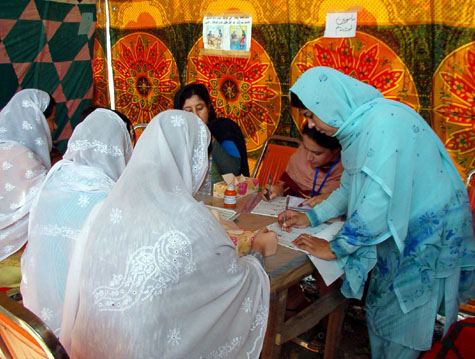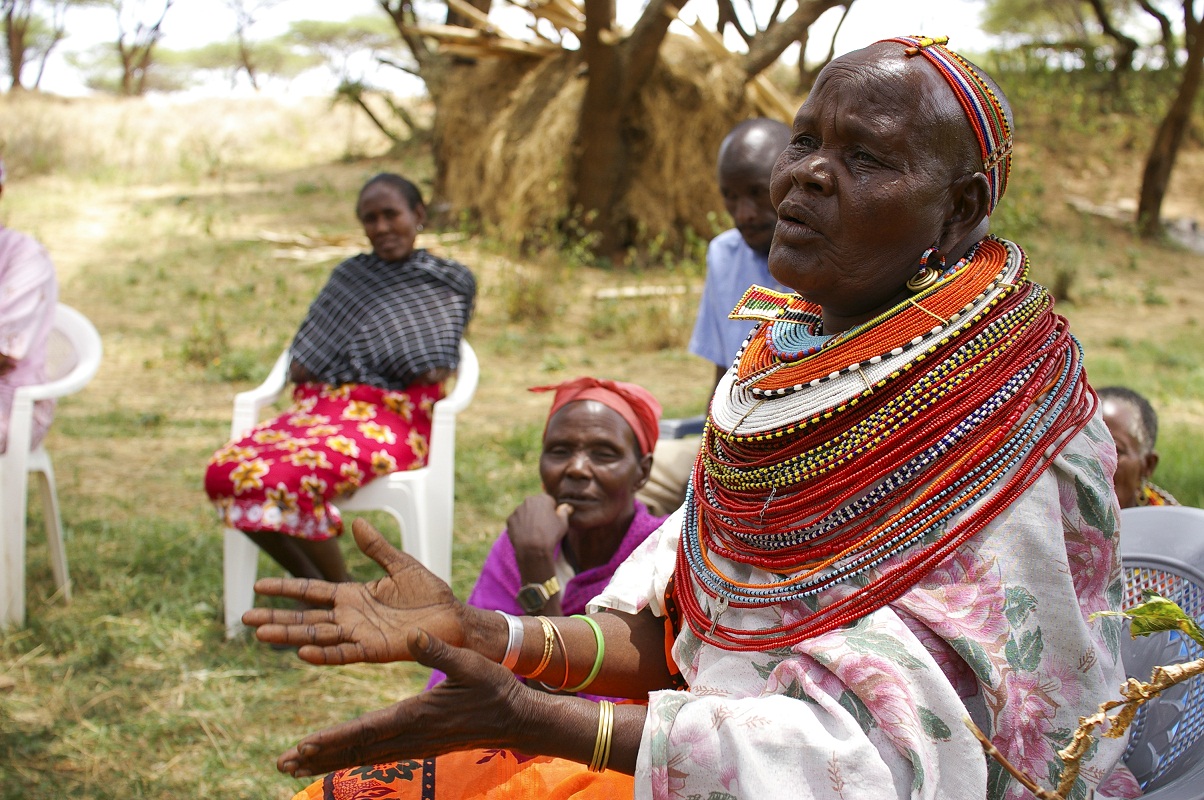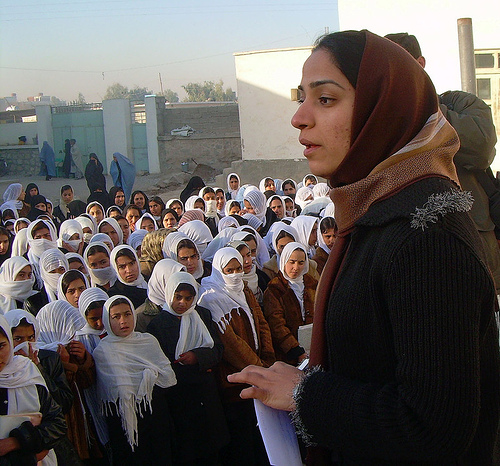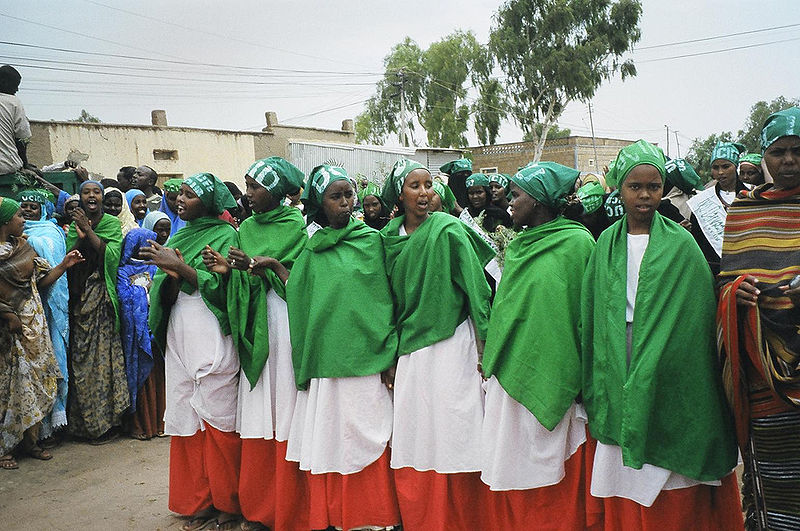

Studies indicate that on average a 10% increase in female school participation corresponds to a 3% increase in a country's GDP. Moreover, countries that have equal access to land ownership for men and women tend to experience a 10% increase in crop yields. Targeting women and girls for education, employment, and health care can have a transformative impact - a multiplier effect on the well being and productivity of families, communities and societies in general.
However, if these investments are not protected by a commitment to women's rights and justice, these gains will be short-lived. Securing equal access to justice and protecting women must begin with ensuring that the laws themselves treat women equally and fairly.
Today we take a look at the various transformations in women's legal rights, exploring some countries across the globe that have committed to meeting the legal rights of the female population in the past year.

On May 14, 2012, Bolivia's Legislative Assembly approved legislation against harassment of women in public service. According to the new law, anyone guilty of pressuring, harassing, or threatening a female public servant, can be sentenced to prison anywhere between two to five years. This law was lauded by people from all walks of life in Bolivia, especially women who take up 35 percent of the Bolivian government.
Challenges: Although women's participation in politics is increasing in Bolivia, many struggle to make their voices heard. Existing laws that protect women are inadequate, thus an appropriate framework is still needed . On February 13, 2013 protests broke out on the streets calling for the implementation of an anti-violence bill by the government.
 On October 12, 2012, the High Court of Botswana issued a landmark decision on women's inheritance rights by giving women the right to inherit parental property despite customary law practices. According to the judge who was responsible for the ruling, the tribal law gave the right to the youngest-born sons, but the constitution of Botswana guarantees gender equality. This ruling was brought into light when three sisters brought a case to the high court when their nephew challenged their claim to the family property. The High Court ruled in favor of the three sisters and additionally called upon the government to remove all discriminatory laws from Botswana's statute books.
On October 12, 2012, the High Court of Botswana issued a landmark decision on women's inheritance rights by giving women the right to inherit parental property despite customary law practices. According to the judge who was responsible for the ruling, the tribal law gave the right to the youngest-born sons, but the constitution of Botswana guarantees gender equality. This ruling was brought into light when three sisters brought a case to the high court when their nephew challenged their claim to the family property. The High Court ruled in favor of the three sisters and additionally called upon the government to remove all discriminatory laws from Botswana's statute books.
The court decision on land rights sets a precedent that culture cannot trump the right to equality. However, the impact of this ruling will not be visible overnight, or even in the next few months. Many have not welcomed the ruling, terming it as an "imposition of foreign legal concepts onto their traditional governance structure." It will take community involvement, and involvement from all members of the civil society and the government to make this law an agent of positive change in the lives of women of future generations.
A United Nations report published in July 2012 highlighted that the incidence of domestic violence against women in Turkey were higher when compared to the United States and Europe. With the growing concern of domestic violence and deaths among women, Turkey became the first country to ratify European convention on ending violence against women in February 2012.
Challenges: Rights groups are still concerned, as simply signing the convention may not be enough to change mentalities, or to ensure the full implementation of the convention and new laws. The Turkish government acknowledges that a significant amount of work needs to be done to eradicate domestic violence against women. The country has never recorded past domestic violence cases against women, as these problems were seen as 'nonexistent.'

On April 25, 2012, a bill on domestic violence was passed by the small island state of the Maldives where one in three women face violence in some form or the other. Prior to the enactment of the bill, victims were unable to seek emergency protection. Now, under the new bill, victims can seek immediate protection, and authorities can also arrest abusers without a warrant. The bill also requires that funds are allocated to the Family Protection Agency and the Police for combating domestic violence and supporting victims from the government budget. This was lauded by many human rights group and International organizations.
Challenges: According to UNWomen, the Maldives falls short of achieving MDG goal 3 of promoting gender equality and women empowerment. The situation of women is deteriorating by the day, due to the rise of religious fundamentalism and insecurity within the country. The Human Rights Commission of the Maldives recently concluded a survey that highlights a drop in the support for women's equality. The study also notes that there has been a regression in people's sensitivity towards domestic and gender based violence.

On August 13th, 2012, the new constitution of Somalia banned female genital mutilation-a common practice that 96 percent of the women in Somalia undergo. The constitution stated "Circumcision of girls is a cruel and degrading customary practice, and is tantamount to torture. The circumcision of girls is prohibited."
Challenges: Although this new law is hailed by international organizations, human rights advocates and community leaders, it is crucial that the community is involved in implementing the new law, as there are risks driving the practice underground. It is crucial that religious leaders and traditional minded members of the society are aware of the law and that they abide by it. Strong legal provision, education and awareness raising campaigns are key to ensuring that the provisions are more than ink on a piece of paper.
After passing through several amendments and heated debates, the Philippines passed the controversial Reproductive Parenthood Health Act. The newly appointed act approved "all effective and natural modern methods of family planning that are medically safe and legal" will be promoted "without bias." This act also stipulates that the government will ensure that reproductive health care services will be available to all, and failure to comply will result in fines or imprisonment.
Challenges: Contraception and other reproductive health services were banned in many areas of the Philippines. As a result, health workers will now need proper training to provide adequate services to patients who require reproductive health care services. Moreover, a cultural opposition from anti-reproductive health groups in these areas also pose a challenge to proper implementation of services.

